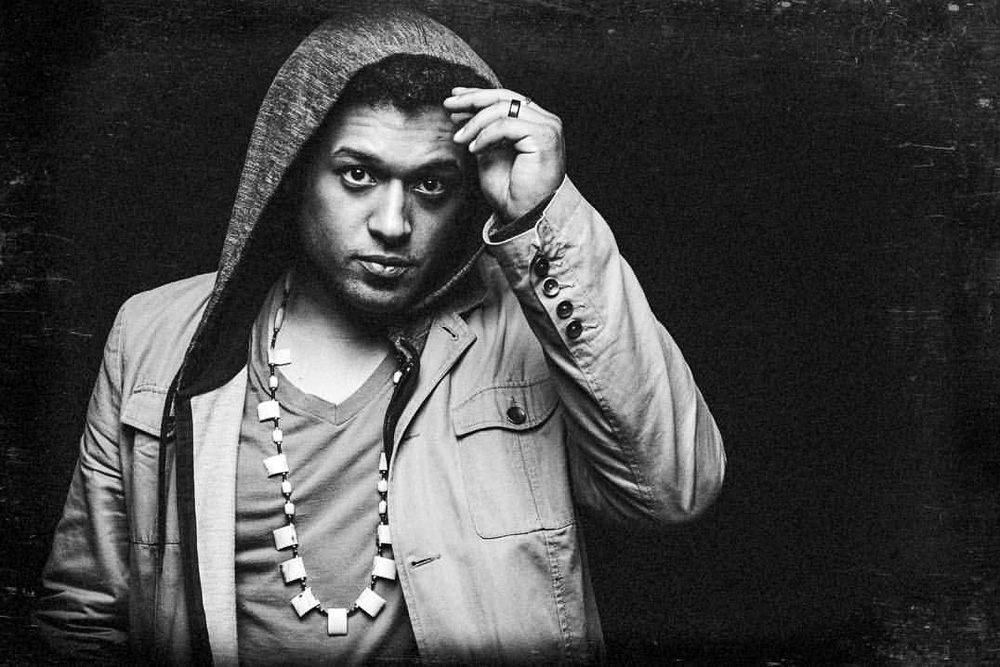Up next in our series of interviews with notable, in-the-know locals: jazz drummer Makaya McCraven, who performs at the Hideout June 20 as part of his Tuesday residency.
What can people expect out of these weekly Hideout shows?
It’s an improvised music series, in the spirit of my 2015 album In the Moment. The idea is to explore spontaneous composition with a group of musicians from around the city. I try to pull from a cast of people that I’ve worked with over the years—Junius Paul, Jeff Parker [of Tortoise], Marquis Hill, Josh Johnson. The idea is to explore the improvisational process in a public forum, with the energy of the audience.
You moved to Chicago from Massachusetts 10 years ago, rather than to New York—a destination for young jazz musicians. Why Chicago?
New York is overrun with people trying to infiltrate the jazz market, and it creates a different kind of scene on the ground. There’s a tradition in Chicago that’s not stuck in the same trends as a place like New York. Chicago has a tradition of subversive music, and that, to me, is really intriguing—especially today, in times of political resistance. The tradition of a lot of Chicago music is one of resistance or labor or oppression and corruption.
How are you subversive in your music?
I’ve played a lot of shows with avant-garde musicians who say I can play anything I want. So I start playing a hip-hop beat, and they’re like, “No, you can’t play a beat because this is supposed to be avant-garde and free.” Even subversive music has its own set of rules.
Your music isn’t exactly jazz, since you draw so much from hip-hop and world music. How would you describe your audience?
Crate-digging hip-hop heads. We’re in an era where we have people who grew up listening to sample-based hip-hop in the ’90s. A lot of those samples came from old jazz and funk records. So I think people have open ears for me. I grew up studying jazz as a way to be masterful at my craft as a drummer. But as just a young person, I was listening to A Tribe Called Quest, Busta Rhymes, Nas, and Biggie just like everybody else. That was just our generation.
What else are you working on?
I recently helped work on a movie score for a film called Browse, which is in postproduction right now. But I’m really looking forward to what I get from this Hideout residency. As a hip-hop producer, I do a lot of editing, chopping, and sampling of different groups I’m playing in. Group improvisation is a really cool place to garner material for that. That’s really what I’m doing: taking the idea of being an improvised musician and the idea of being a beatmaker and finding a place where those things can have symbiosis.




